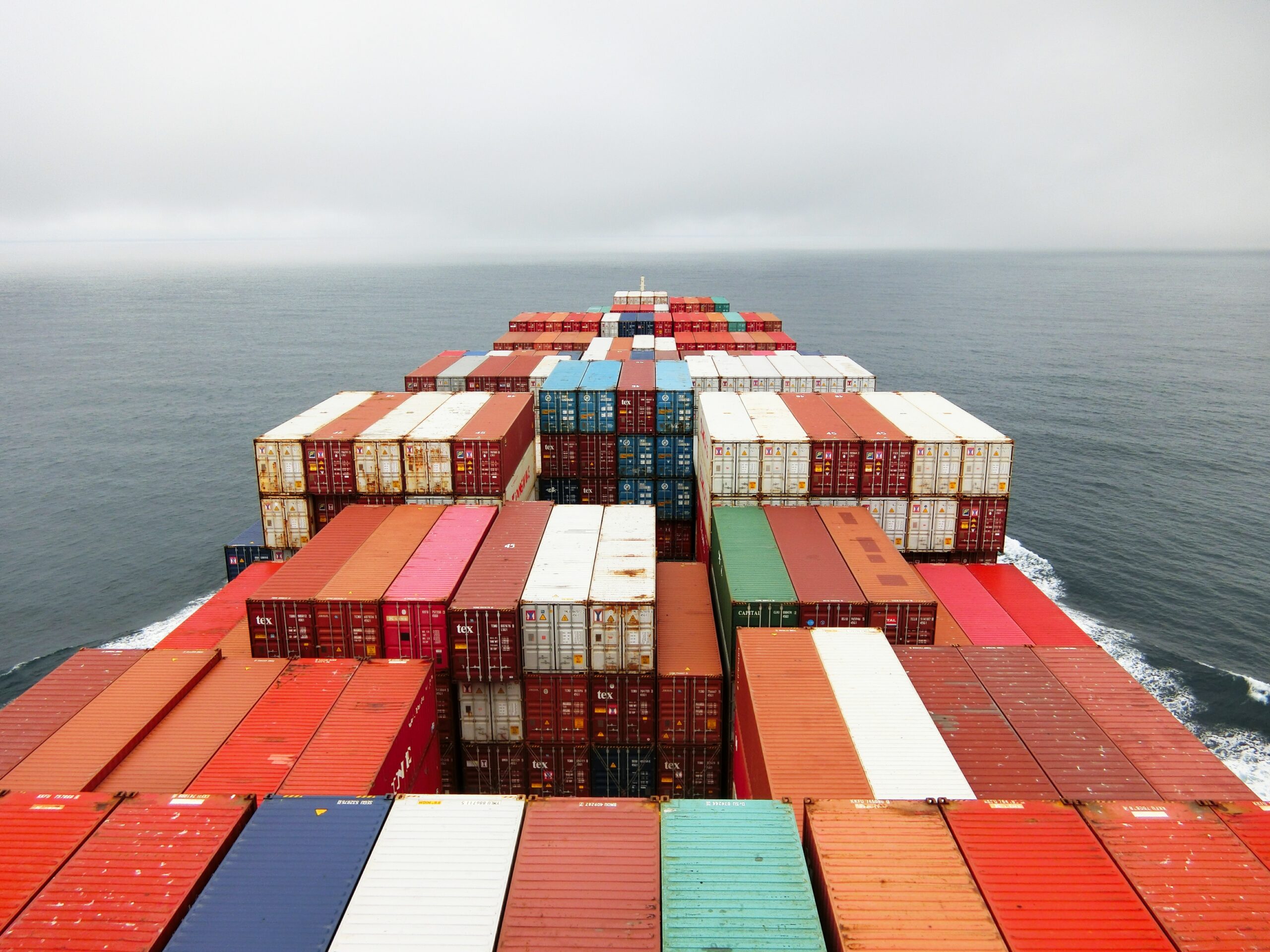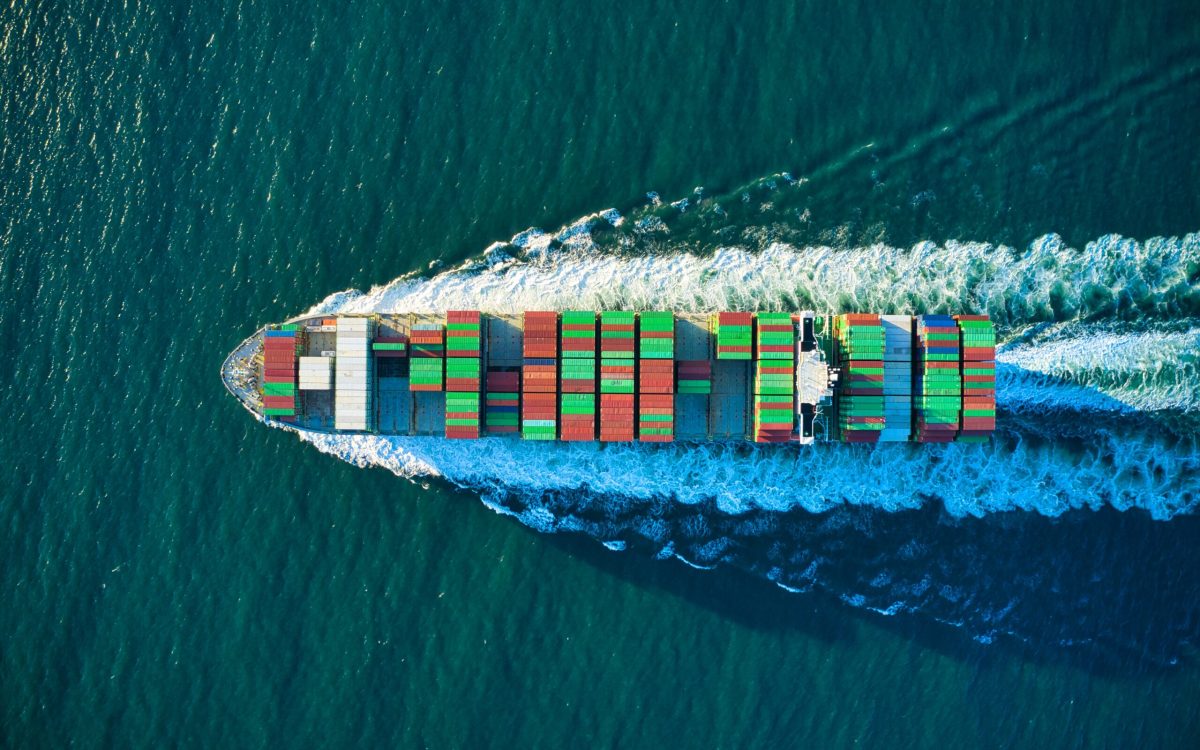In the bustling maritime nation of Malaysia, ships are a vital mode of transportation and play a crucial role in international trade. To ensure the safety and longevity of these vessels, regular inspections, including inclusive oilfield services in Malaysia, are of paramount importance. This article highlights the significance of regular ship inspections and inclusive oilfield services, providing essential information and answering questions to help ship owners and operators understand the benefits of proactive maintenance practices.
What are ship inspections and why are they necessary?
Ship inspections involve a thorough examination of various components, systems, and structures of a vessel. They are conducted to assess the ship’s condition, identify any potential issues, and ensure compliance with international maritime regulations. Regular inspections are necessary to maintain the ship’s integrity, prevent accidents, and extend its operational life.
Enhancing Safety
Regular inspections significantly contribute to enhancing the safety of ships. By identifying and rectifying potential hazards, inspections help prevent accidents, fires, and environmental pollution. This proactive approach reduces the risk of catastrophic incidents at sea and ensures the well-being of crew members, passengers, and cargo.
Identifying Maintenance Needs
Inspections enable the identification of maintenance needs before they escalate into costly repairs or failures. Through comprehensive assessments, professionals can detect signs of corrosion, structural weaknesses, machinery malfunctions, or electrical issues. Timely repairs and maintenance mitigate the risk of unexpected breakdowns, avoiding costly downtime and minimizing financial losses.
Ensuring Regulatory Compliance
Adherence to international maritime regulations is vital for ships operating in Malaysian waters. Regular inspections help ship owners and operators ensure compliance with these regulations, such as the International Convention for the Safety of Life at Sea (SOLAS) and the International Ship and Port Facility Security Code (ISPS). Compliance demonstrates a commitment to maritime safety and helps avoid penalties and reputational damage.
Extending Ship Life
Proactive maintenance, facilitated by regular inspections, significantly extends the operational life of a ship. By identifying and addressing issues early on, inspections prevent accelerated wear and tear, corrosion, and structural degradation. This leads to enhanced durability, increased efficiency, and reduced operating costs over the vessel’s lifespan.

How are ship inspections conducted?
Ship inspections involve a comprehensive evaluation of various aspects of the vessel. Qualified marine surveyors or inspectors conduct these assessments using a combination of visual inspections, non-destructive testing, and equipment verification. The inspection process typically covers the following areas:
- Hull and Structural Integrity: Assessing the ship’s hull, including the condition of coatings, corrosion, and structural integrity.
- Machinery and Systems: Evaluating propulsion systems, engines, auxiliary machinery, electrical systems, and other critical equipment.
- Safety Equipment: Verifying the availability, functionality, and maintenance of life-saving appliances, fire-fighting systems, and navigational equipment.
- Documentation and Certificates: Reviewing necessary documents, certificates, and logbooks to ensure compliance with regulations.
Conclusion
Regular inspections are essential for ensuring the safety, compliance, and longevity of ships in Malaysia. By prioritizing proactive maintenance and addressing potential issues promptly, ship owners and operators can prevent accidents, comply with regulations, and extend the vessel’s operational life. Investing in regular inspections not only protects the crew, passengers, and cargo but also contributes to a sustainable and thriving maritime industry in Malaysia. Make ship inspections a priority to safeguard the interests of all stakeholders and keep the seas safe for future generations.





